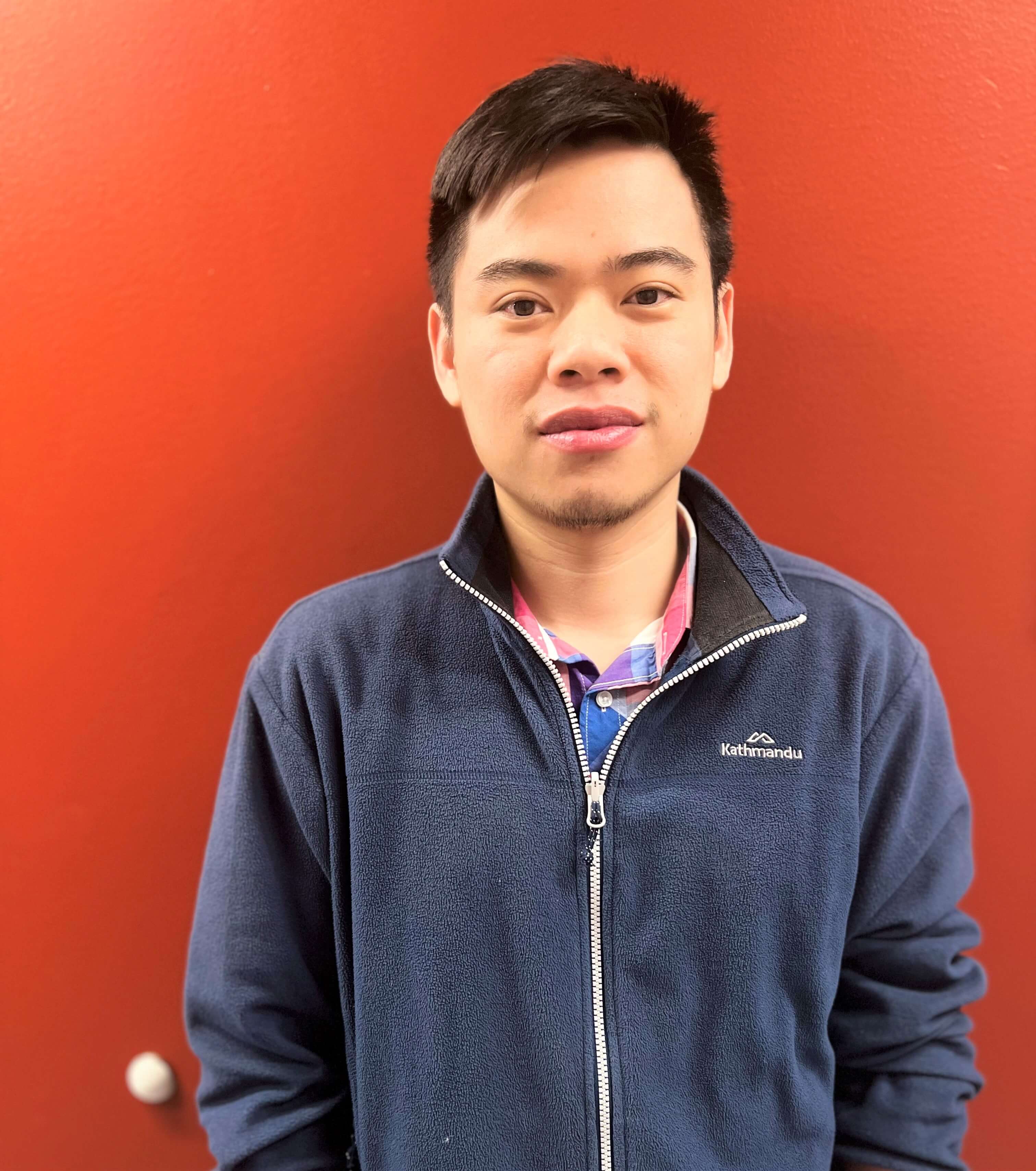Fernando Fernando

Email: fernando.fernando@ntnu.no
Affiliation: Department of Biotechnology and Food Science, NTNU , Trondheim, Norway
Presentation:
I am an aquaculturist by training. I obtained degrees in aquaculture science and technology from IPB University (Indonesia) and James Cook University (Australia). Driven by my strong passion for aquaculture, I am pursuing a PhD in aquaculture biotechnology at NTNU (Norway). My research interest is solving the bottlenecks in the larviculture of novel and difficult species through microbial manipulation, early-life nutrition, and system designs.
ESR1: Determine potential beneficial or harmful effects of the biofilter on microbial water quality and examine nutrient cycling
Recirculating aquaculture system (RAS) is increasingly used for farming aquatic animals. This system enables higher control over the production process and better discharge management. Contrarily to the conventional system, in RAS, the discharge water from the production units is treated and reused by continuously recirculating the water through a series of treatment components. One of the key components is the biofilter which serves as the site for nitrification.
My PhD consists of two studies focusing on bacterial management in this nitrifying biofilter. The first study aims to validate the hypothesized role of mature biofilter to select against detrimental opportunistic bacteria in RAS. To test the hypothesis, we will perform bacterial challenge on two sets of identical RAS with different biofilm maturity. The second study will elucidate how management practices and design of RAS associate with the pathogen presence and microbial community profiles in the biofilters. More than 50 commercial farms producing salmon smolt in Norway will be surveyed. This project will utilise quantitative PCR and 16s rDNA Illumina next-generation sequencing (NGS) technique to reveal the bacterial communities structure. The overarching goals of this PhD project are 1) to present proof of concept that mature biofilter can counteract bacterial invasion; 2) to demystify the hazard of biofilter acting as a reservoir for pathogenic bacteria; 3) to recommend the empirical management practices to optimize microbial communities in RAS.
